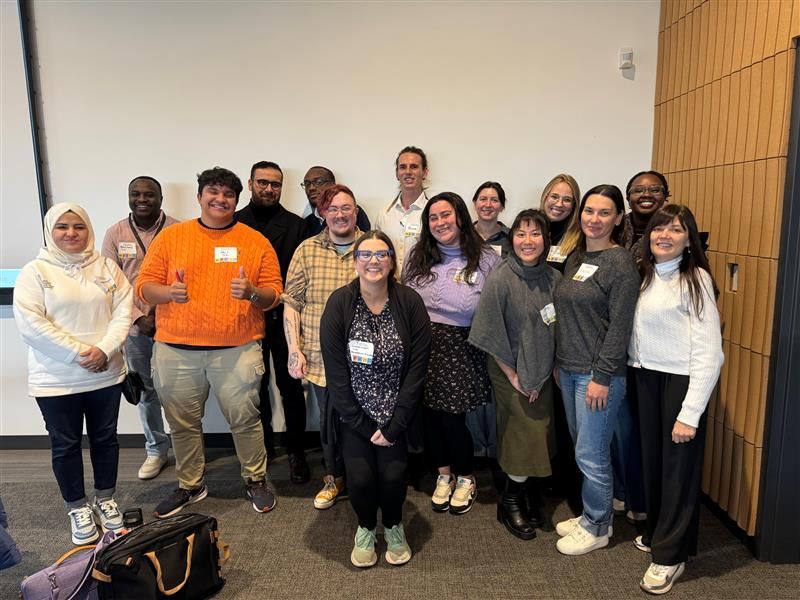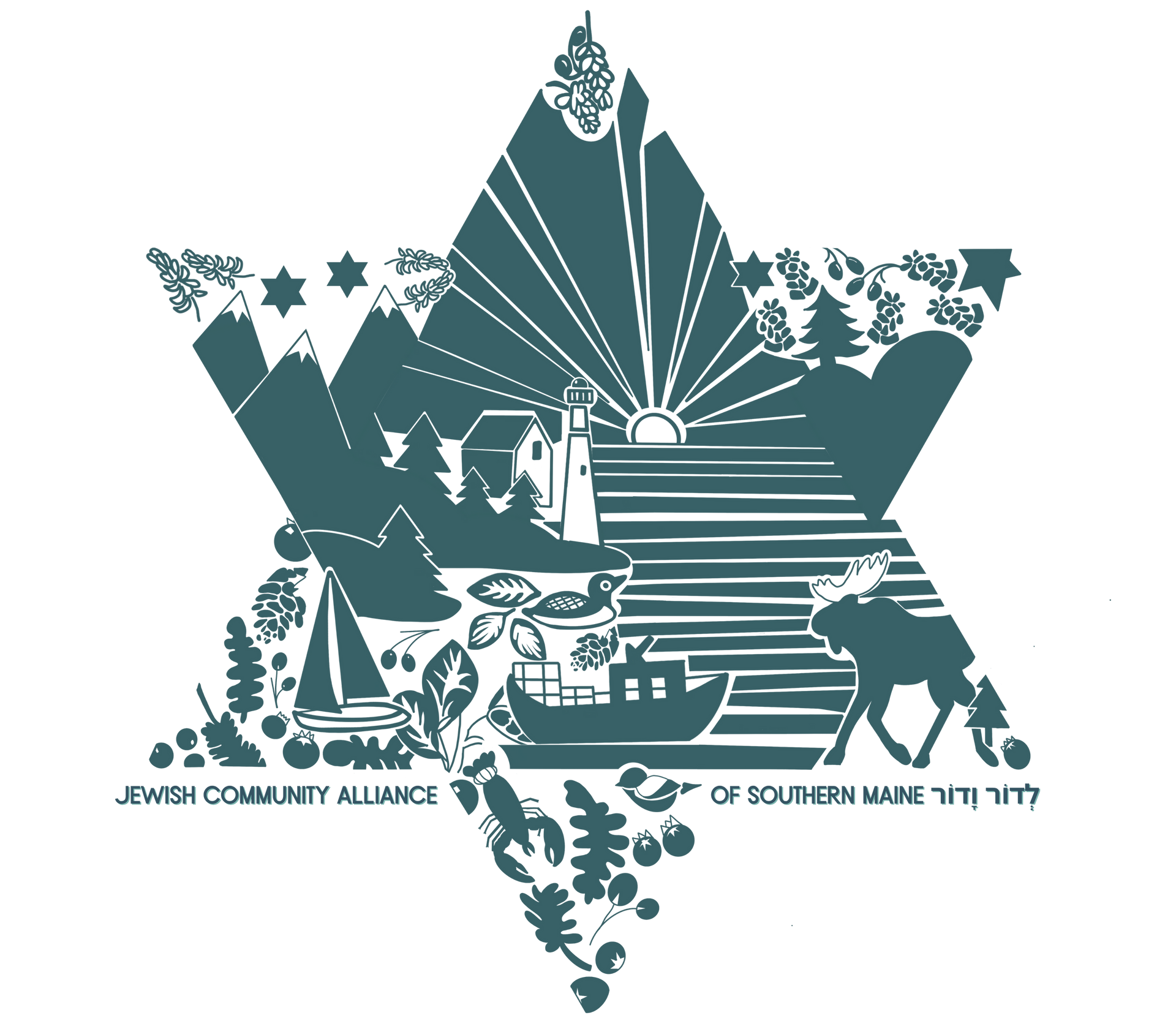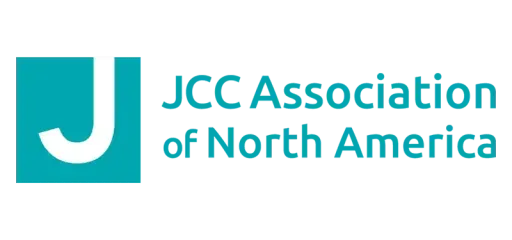Refugee Resettlement Update
Refugee Resettlement Update

We are still working through the implications of the executive order suspending the U.S. Refugee Admissions Program (USRAP), issued last week, followed by the stop-work orders sent to government agencies this week. These unprecedented orders could potentially lead to a complete shutdown of refugee operations, including the provision of services for refugees who are already here.
Established by the Refugee Act of 1980, USRAP embodies the U.S.'s commitment to international humanitarian principles, rooted in the 1951 Refugee Convention and its 1967 Protocol. USRAP is a legal and highly vetted process by which to enter the US. These frameworks guarantee the rights of refugees to seek safety, work, and rebuild their lives. You can read more about this program, and our obligations under it, here.
Here at the JCA, we were approved to resettle 225 refugees in this fiscal year. We resettled 101 before these orders came through; it is unclear if we will be able to resettle any others. The new order took effect on January 27, and will be reviewed every 90 days, though there is no guaranteed end date. During this period, no refugees will be permitted to enter the country except under special visas. This will largely shut down our resettlement program. We had been working closely with HIAS National to adapt our operations and expand services for individuals who have already been resettled; however, the stop work orders and freezing of grants issued this week now makes that work unlikely as well. You can read more information from HIAS on these orders here.
When asked about the uncertainty and its potential impact on the community, JCA employee Rachel Kim said, “I feel deeply for the families who were so close to entering the United States. Coming to America should be a joyful and exciting experience, but now it has become something incredibly heartbreaking.” Several refugees expected to arrive next month have had their travel plans canceled, leaving their future uncertain. One family of seven, whose travel was originally planned over the summer, was set to arrive in January to reunite with the husband’s sister, whom he hasn’t seen in decades. Now, that long-awaited reunion is not happening.
Additionally, Inna Cherednichenko, Preferred Communities Program Manager at the JCA, said, "Clients in the Preferred Communities Program are a unique group, including individuals with chronic and incurable diseases, victims of domestic violence, single parents, youth without parental support, people experiencing depression, and those isolated due to language and other barriers. In my opinion, the actions being taken by the government toward refugees are inhumane. Even if funding was intended to be discontinued, it should have been phased out gradually to allow clients and agencies time to prepare. Since it was done abruptly, it will likely lead to serious consequences for everyone involved."
“There is no way to make assumptions right now. We’re simply trying to gather all the information and make decisions based on what we know,” said Refugee Resettlement Director Siobhan Whalen. To read more from Siobhan and learn how resettlement groups in Maine are adapting to the uncertainty of the executive orders, visit: Resettlement Groups in Maine Adapt to Uncertainty After Trump Suspends Refugee Admissions.
We are still working with our national resettlement contacts to unpack these new orders and explore what is possible. We will continue to share updates as they become available. HIAS has provided an excellent article on refugees and how they strengthen our country here. As mentioned above, our refugee resettlement team has settled 101 people so far this fiscal year. They’ve been working incredibly hard and we’re very proud of their efforts. And we’re grateful to all the community support that enables that work.








